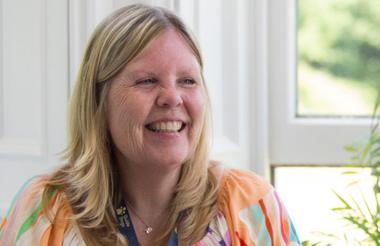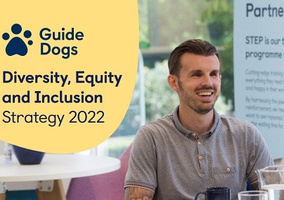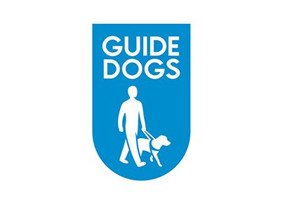There is mounting pressure on organisations to implement DEI strategies quickly to address imbalance and disadvantage. However, one of the main lessons I’ve learnt, and advocate to colleagues, is the importance of ‘cooling your jets’ when creating a DEI strategy. Take a step back, as you can’t expect meaningful change to happen overnight.
This week sees the launch of Guide Dog’s new Diversity, Equity and Inclusion strategy. It has taken us some time to get to the point where our minority communities felt confident enough to participate fully in the development of the strategy.
Some solutions will have a short-term impact, others will take longer to embed, but we need to stop being in such a rush to get ‘DEI done’ that we miss out on the opportunity building a strategy presents to really get under the skin of our organisation. We need to find out what people want and need and create a roadmap to make it happen. Bringing in an external consultant to develop the strategy swiftly would not be authentic nor build the required level of trust in the process.
At Guide Dogs, we really did start with an open mind and made sure our strategy was crafted together with colleagues who have a variety of lived experience. We asked for honest feedback on what needed to be improved, what we should stop doing and what elements were worth keeping. We wanted to ensure the opinions of minority groups and their allies were at the heart of our strategy and that those voices were not overshadowed by positions of power or privilege, which is something that is at risk of happening in more traditional organisations.
As a sight loss charity, becoming a gold standard employer for people who are vision impaired is a core strength of our strategy as we commit to ensuring accessibility is embedded from the outset. We not only want to empower colleagues who are vision impaired to thrive in their roles, but we also want to create a culture of understanding of how to be accessible and inclusive for everyone.
We are equipping staff to consider the intent and impact of their actions and take pride in developing their own knowledge. This might include learning simple tips such as not to leave belongings on office floors; mugs on the side of the kitchen and making sure spaces are suitable for guide dogs. We also ensure colleagues joining Guide Dogs with a vision impairment are offered access to orientation and mobility support within the first 24 hours of employment. Supporting colleagues with lived experience and investing in their development will help ensure they can reach their potential.
More broadly, our strategy also addresses how we can be more inclusive across our built and digital environments, as well as in our processes and culture. Speaking to the highly engaged people in our networks, we were able to gain tangible examples of the challenges people are facing.
For example, our Proud network revealed many people felt an immense pressure to “come out” time and time again. Feeling concerned about how they wanted to be identified, some colleagues shared that this impacted their ability to be their true selves at work. One colleague who identified as non-binary and decided to change their name to feel better represented had to tell their story multiple times to effect the change. First, they had to get their email address changed; then their HR profile updated; then their IT login; database login… every touchpoint had to be separately changed. The systems were not speaking to each other.
We got every department together who was responsible for each login to understand the process roadmap and what we could do to streamline and create one single point of access to update. Now, we have a solution that ensures everyone at Guide Dogs can have their name and identity reflected across every interface.
We’ve made great progress on inclusion but we still, like many organisations, have a long way to go. As we become more inclusive as a workforce, we hope to attract an even more diverse range of creative and innovative talent that better represents the communities we serve. Our next step will be to continue to widen the DEI strategy to include our volunteers and service users.
Amanda Bennett is Guide Dogs DEI lead
Related articles












